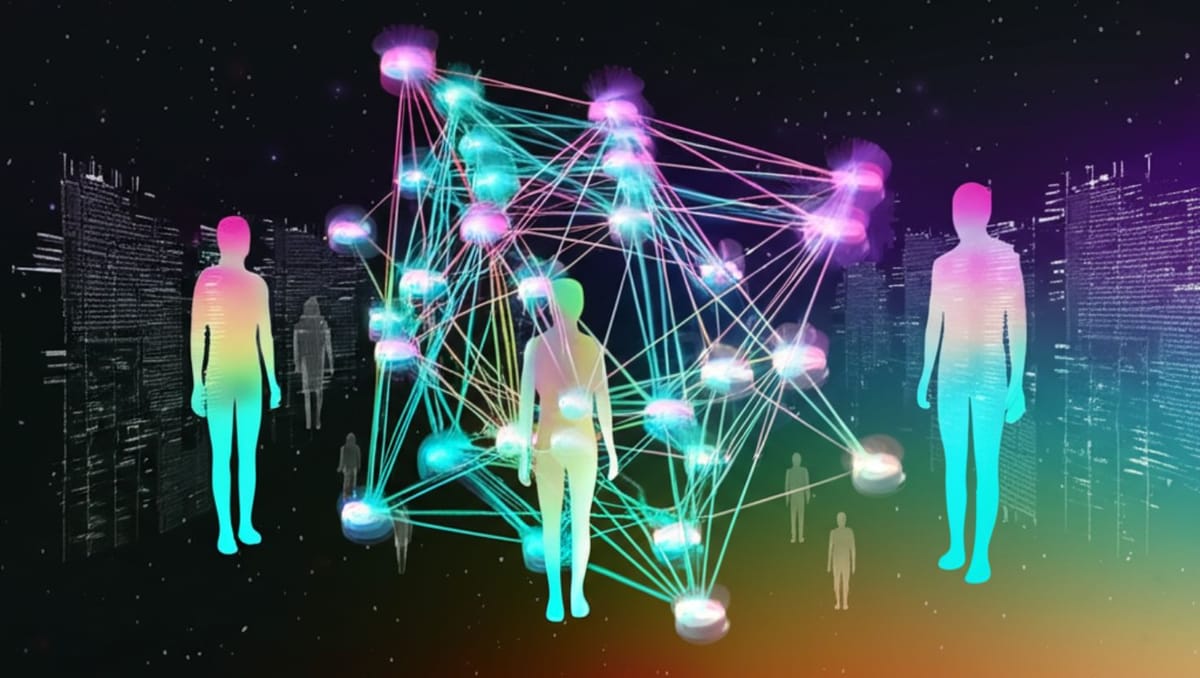AI Virtual Workers Could Let Companies Skip Full Digital Transformation

AI agents will soon evolve from today's virtual assistants into "deputies to humans, deployed to complete tasks independently," predicts a Lenovo executive in a new analysis of artificial intelligence development trends.
End of Miles reports that this vision of AI advancement represents a potentially faster route to capturing business value than traditional digital transformation approaches.
Most disruptive category of AI systems
AI virtual workers represent "the most potentially disruptive category of agents" according to McKinsey's latest analysis of enterprise AI capabilities. Unlike other implementations that require extensive organizational redesign, these systems could allow companies to achieve significant productivity gains while maintaining existing operational structures.
"These virtual workers could enable companies to sidestep full organizational transformation by allowing AI to operate within the company's current model, which might help capture value more quickly." McKinsey Explainer Report, March 2025
The consulting firm distinguishes virtual workers from other categories of AI agents like individual copilots, workflow automation platforms, and domain-specific solutions. What makes virtual workers particularly significant is their ability to function as team members rather than just tools, potentially reducing the need for complex restructuring efforts.
From assistants to deputies
Linda Yao, COO and head of strategy at Lenovo, offers a concrete example of how this approach is already delivering measurable results. The technology company has implemented AI agents in software engineering and customer support, with the latter yielding double-digit productivity improvements in call handling time.
"To date, Lenovo has refined gen AI agents to act as virtual assistants. In the future, Yao envisions AI agents acting as deputies to humans, deployed to complete tasks independently." McKinsey Explainer citing Linda Yao
The Lenovo executive's prediction aligns with McKinsey's broader analysis showing organizations are increasingly moving beyond limited AI implementations toward more autonomous systems that can handle complex workflows.
Strategy for business implementation
This approach offers a potential third path between minimal AI adoption and the wholesale organizational redesign that many business leaders have assumed necessary. Companies facing competitive pressure to implement AI quickly may find virtual workers provide the fastest route to measurable productivity gains.
According to the analysis, many organizations will likely pursue a mixed strategy – rolling out personal copilots while automating select workflows and piloting virtual workers in specific departments. This hybrid approach allows businesses to gain experience with different AI capabilities before committing to more extensive changes.
The report's authors note that AI agents are already shifting "from thought to action," with major investments from Google, Microsoft, OpenAI and other technology leaders accelerating the development of more capable systems. In this rapidly evolving landscape, virtual workers may offer the most pragmatic path forward for organizations seeking immediate value while developing longer-term strategies.





